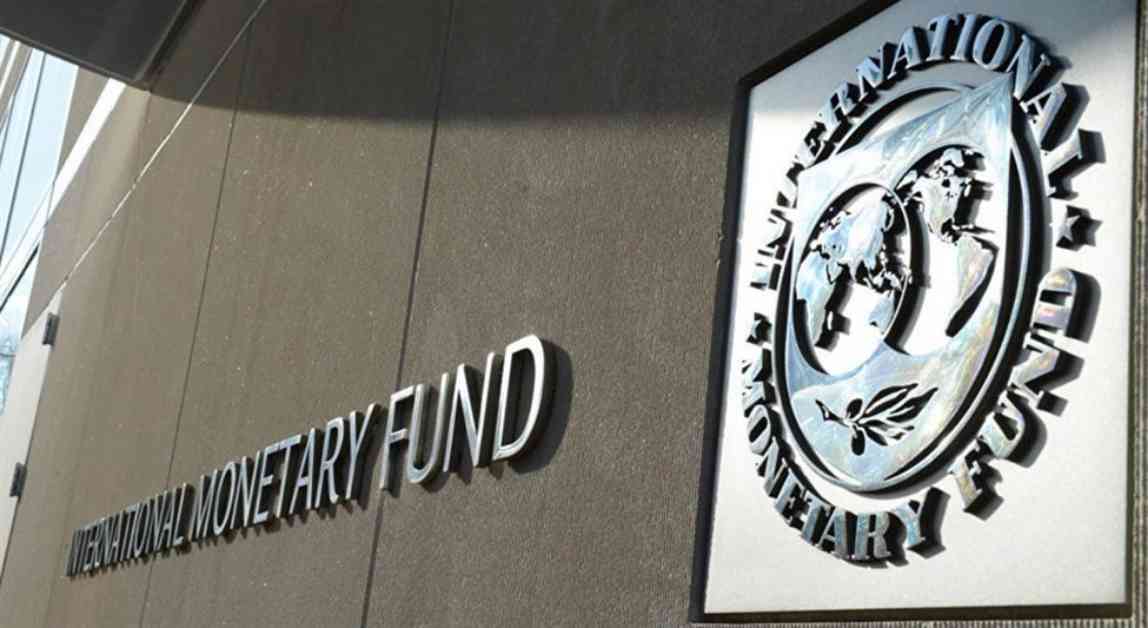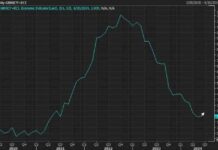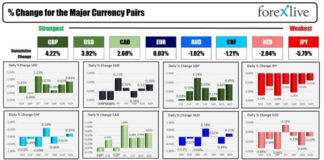IMF Chief Economist Pierre-Olivier Gourinchas Supports Bank of Japan Rate Hikes
The International Monetary Fund’s (IMF) chief economist, Pierre-Olivier Gourinchas, expressed his support for the Bank of Japan’s (BoJ) decision to gradually raise interest rates in a recent interview with Reuters at the Jackson Hole annual economic symposium. Gourinchas emphasized the importance of a “data-dependent” approach to rate hikes and highlighted several key factors that signal a positive development for Japan’s economy.
Positive Economic Indicators in Japan
One of the main reasons Gourinchas cited for supporting the BoJ’s rate hikes was the fact that inflation in Japan has exceeded the central bank’s 2% target. This is a clear indication that the economy is experiencing growth and that the BoJ’s efforts to stimulate inflation are showing results. Additionally, Gourinchas noted that inflation expectations have started to move slightly above the target, suggesting that the economy is on the right track towards sustainable growth.
Gourinchas also praised the BoJ for beginning to normalize its monetary policy, stating that it is “certainly something that we think is a good development for Japan.” This normalization indicates that the economy is moving towards a more stable and healthy state, which is crucial for long-term growth and prosperity.
Market Volatility and Rate Cuts
In addition to discussing the BoJ’s rate hikes, Gourinchas also weighed in on the recent market volatility that has been triggered by rate cuts from other central banks. He acknowledged that the market had overreacted to these cuts and warned that we could see more episodes of volatility in the future. This is particularly relevant as the Federal Reserve Chair, Jerome Powell, recently confirmed a September rate cut, which could further impact global markets.
Gourinchas emphasized the importance of monitoring the effects of rate cuts on market stability, especially as the BoJ begins to raise rates. The interconnected nature of the global economy means that actions taken by one central bank can have ripple effects across the world, leading to increased volatility and uncertainty in financial markets.
Looking Ahead
As the BoJ continues to gradually raise interest rates and normalize its monetary policy, it will be important to closely monitor the impact on Japan’s economy and the global financial system. Gourinchas’ support for the BoJ’s actions provides a positive outlook for Japan’s economic future and signals confidence in the country’s ability to navigate challenges and achieve sustainable growth.
Overall, Gourinchas’ comments at the Jackson Hole symposium highlight the importance of a balanced and data-driven approach to monetary policy. By focusing on key economic indicators and maintaining a steady pace of rate hikes, central banks can help support economic growth and stability in an increasingly complex and interconnected world.

















